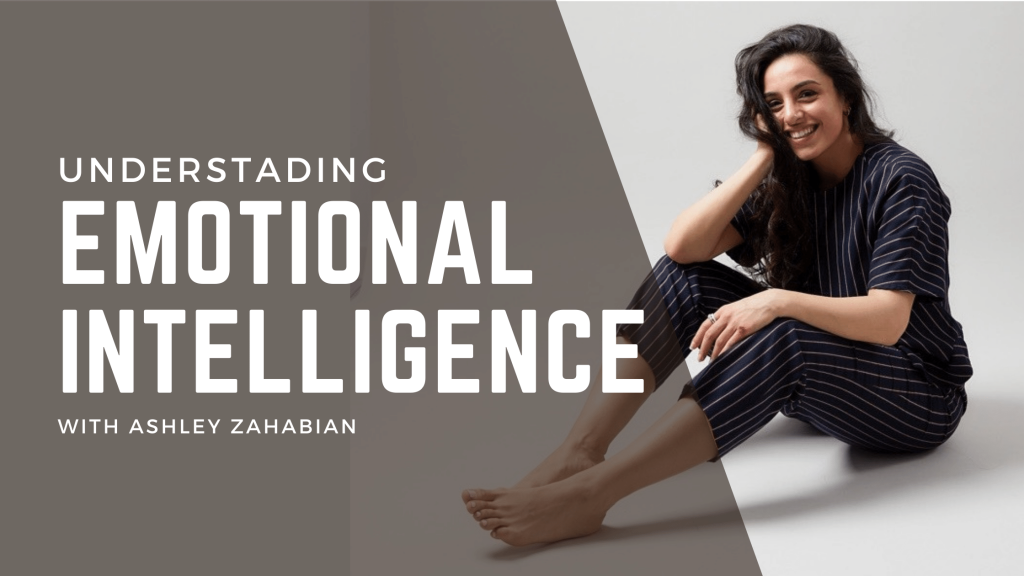
Share This Post
Emotional intelligence, simply put, is an intelligence around emotions – knowing how they work, what they are, what exacerbates them and what brings them back to a healthy equilibrium.
When we practice emotional intelligence, we are often required to use logical thought to manage emotional impulses to produce behaviors that bring the best outcomes, both for ourselves and for those around us.
Emotional intelligence is not just being intelligent; it is acting intelligently – these are not the same thing.
It is the very difference between someone who simply knows what to do, and someone who actually does it.
The most intelligent individual in the world can come to the most logical conclusion using their intelligence, yet still struggle to act on it because of one thing – an emotion.
Our emotions are unavoidable; we all have them and we do not get to tell them when to appear and when to disappear. However, even though we cannot fully or selectively eliminate our emotions, they do not have to drive our actions and behaviors.
Logical thought rooted in education and intelligence, something that every human is capable of exercising, can also guide and drive our actions and behaviors. If we behave in ways that are always justified by our emotions and put no effort into using logical thought, we lose the ability to act in ways that yield the best outcomes in life.
So many people, businesses, and sometimes, even health problems that I see people go through in life, I can trace back to a lack of emotional intelligence – a lack of being able to reason with their emotions.
There are some people in this world who have problems no matter what they do, and there are other people who rarely have problems no matter what they do; this is the difference between those two types of people.
Emotional intelligence influences every single aspect of our lives and is at the root of so many of the problems we face – our finances, relationships, business, marriage, parenting, happiness, academic performance, and even our health to some degree.
When we use emotional intelligence, we behave in a way that produces the optimal outcome, so it is purely in our best interest to learn about it, practice it, and become great at using it. Reasoning with my emotions has become embedded in me, and will have to become embedded in you as well in order to gain emotional intelligence; there is no going around that.
This means that you must be able to practice delayed gratification – the ability to resist the temptations of your emotions, or of a small immediate reward, for a larger reward or better outcome later. There is a growing body of literature that proves that when we delay gratification, we endure more optimal outcomes.
Emotional intelligence puts an end to the controlling aspect of emotions via the use of education, cognition, and logical thought to reason with our emotions when appropriate. This can look like labeling emotions, learning to regulate them, gaining self-awareness, understanding how to manage and feel through emotions, and even learning to respond to other peoples’ emotions in an effective manner.
Emotions have their place and purpose, but so does their regulation of them. The goal isn’t to get rid of emotions or to stop feeling them, but to have the choice to choose whether you should act on the emotion or reason with it – this is the very basis of emotional intelligence. In this blog, I will share with you research, education, and principles that I have used to help ground me in reason no matter how hot my emotions may be.
Again, the goal of emotional intelligence is not to remove, diminish, or change anything about how people feel and experience emotions, but instead, to help you manage all kinds of emotions and impulses so you can achieve the desired outcomes you long for in life.
Being intelligent is not enough to achieve our desired outcomes. We must aim to act intelligently, too.
More To Explore
For media inquiries regarding Ashley Zahabian’s business and/or research endeavors, please contact our media team by email at [email protected]
Join Ashley’s email list
To stay up to date on new research, events, and information regarding emotional intelligence and personality disorders, subscribe to Ashley’s email list.
Quicklinks
Careers
For job inquiries at Integrate, please contact human resources by email at [email protected]
Copyright © 2024 – 2025
All rights reserved. Integrate BPD LLC

